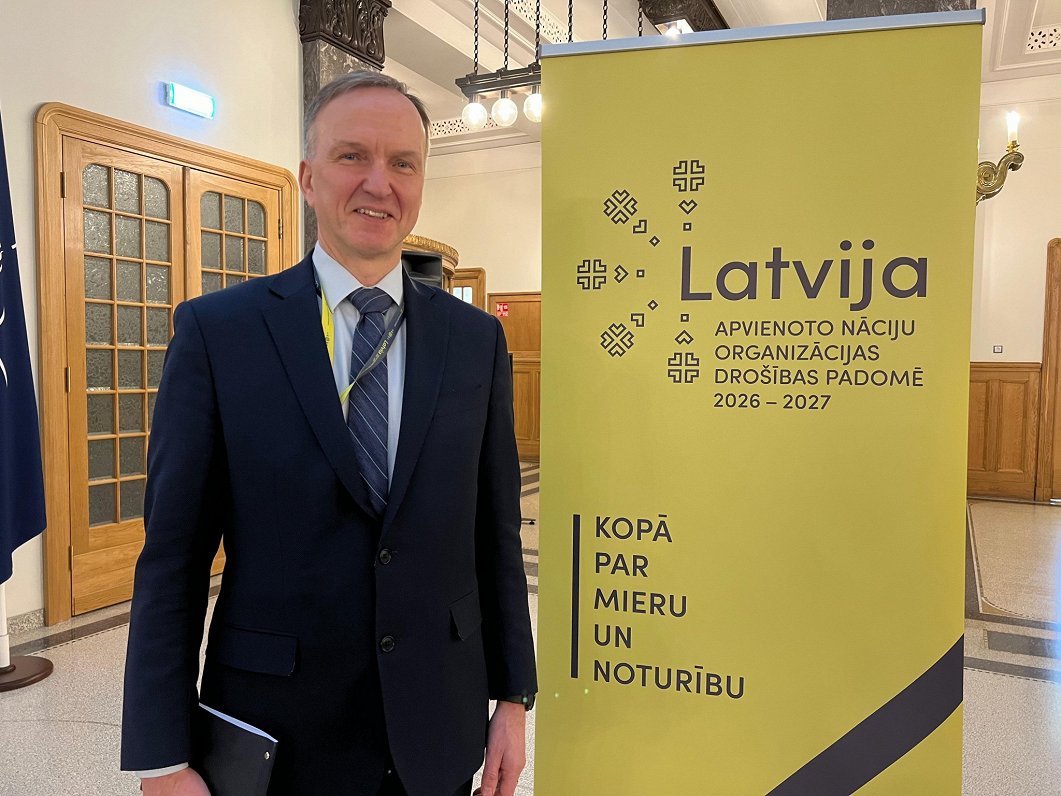This year has been a successful one for the Nasdaq Riga Stock Exchange – two new companies began listing their shares, which, considering the economic aspect and geopolitical situation, can be considered a positive achievement. But the biggest activity this year was around bonds, and in this respect this could be a record year, reports Latvian Radio.
“This year was definitely an eventful one for the exchange,” said Liene Dubava, head of the Nasdaq Riga Stock Exchange. There are newcomers to the exchange who have become issuers of shares.
“There are two of them this year – Eleving Group and Kalve Coffee,” Dubava noted.
Eleving raised 29 million euros. The second thing that made this offering special was that this was the first time that a listing was launched on the Latvian Stock Exchange with shares that were also simultaneously listed on the Frankfurt Stock Exchange.
“If we talk about the investor share, a third of this money came directly from private individuals. So investments from Estonian and Latvian private individuals. And then large, institutional investors in both the Baltics and Europe,” explained Dubava.
When talking about Kalve Coffee , the head of the exchange emphasizes that the company’s entry into the exchange’s alternative market once again confirms that this financial institution is not intended only for large companies.
“Therein lies the specificity or magic of our stock exchange, in a way. No, the stock exchange is not just for large, extremely administratively burdensome companies that are ready to produce reports, documents and whatnot,” Dubava emphasized.
For some time now, an alternative market has been established on the Nasdaq Riga Stock Exchange, which is intended for small and medium-sized companies – those that are ambitious and want to grow rapidly.
In the case of Kalve Coffee, 96% of all investors were from Latvia.
“It actually proves that you’re here, so it’s a wonderful way to convert your customers into your investors. And that’s what the company did,” Dubava said.
Asked whether two newcomers were a lot or a little, Dubava replied that it was hard to say.
“In general, we have had years in the Baltics when there were 7-8 newcomers. This year, these two are the only ones in the Baltics. We are happy and proud that both are in Riga. This only proves that the capital market is not disconnected from the overall economy,” explained Dubava.
This year, the Nasdaq Riga Stock Exchange also had a departure, namely, long-time stock issuer AS “Latvijas gāze” left the stock exchange. When asked by Latvian Radio whether this was a surprise, Liene Dubava answered as follows:
“I would say no. We are all watching how the company is slowly reorganizing. And now there has also been a change of shareholders. I must say that it is a fairly typical case of a company reevaluating its presence on the stock exchange.”
The head of the Riga Stock Exchange also says that the biggest activity this year was around bonds. More than 35 issues have been listed on the Baltic Stock Exchange and this could be a record year.
It’s positive that half of them are in Riga. This year is also a record in terms of money.
“The amount that has been directly through us has grown fourfold. This year, it was around 250 million euros that were offered to people through our system,” Dubava noted.
In addition, companies are increasingly choosing public offerings, which means that anyone can participate in these offerings, not just a narrow circle of bank customers. And this characterizes this change in the market.
“And almost every new company brings a new group of investors. And if they have bought once, they will most likely buy again and again,” she said.
Speaking of other alternatives for investing money, they are savings bonds. In this respect, this year was special for Estonia.
“For the first time, the Estonian government issued a 200 million euro issue and offered it to private individuals in Estonia. This is the practice in Latvia, using savings bonds, and similar instruments exist in Lithuania. But there has never been anything like this in Estonia before,” Dubava pointed out.
Demand for savings bonds in Latvia is stable, and this is positive news, said Jevgēnija Jalovecka, Director of the Financial Resources Department of the State Treasury.
“Residents currently own savings bonds worth 325 million euros. This amount is 72 million more than at the beginning of this year,” she said.
Almost 200 million euros in savings bonds have already matured this year. Most of this amount was issued a year ago.
“What we have observed is that on average more than 60% of this amount has been invested in savings bonds repeatedly – either for a similar term or longer. And often the amount of the investment is also increased,” said Jalovecka.
Returning to this year’s performance on the Baltic Stock Exchange, Latvian Radio asked Kaspars Peisenieks, CEO of the Investors’ Club: How do you assess the fact that there are two new stock issuers on the exchange this year?
“Two companies – that’s a lot. And in general, the Riga Stock Exchange has been relatively active. Not only in the Baltics, but also in the broader markets, specifically with new companies starting on the exchange. This year there have been two. Last year there was “APF Holdings”. Before that there was “Indexo”. Then a while ago there were “Virši” and “DelfinGroup”. For comparison – in Lithuania, I don’t remember anything since “Ignitis Grupa”, which was quite a while ago. In Estonia, at the end of last year, the biggest newcomer was “Infortar”, “Peisenieks replied.
However, overall, investor appetite is not great, said Peisenieks, as reflected in the performance of the stock exchange index. The overall Baltic index has grown by only 1.3% since the beginning of the year.
“If you compare it to global markets, the American S






